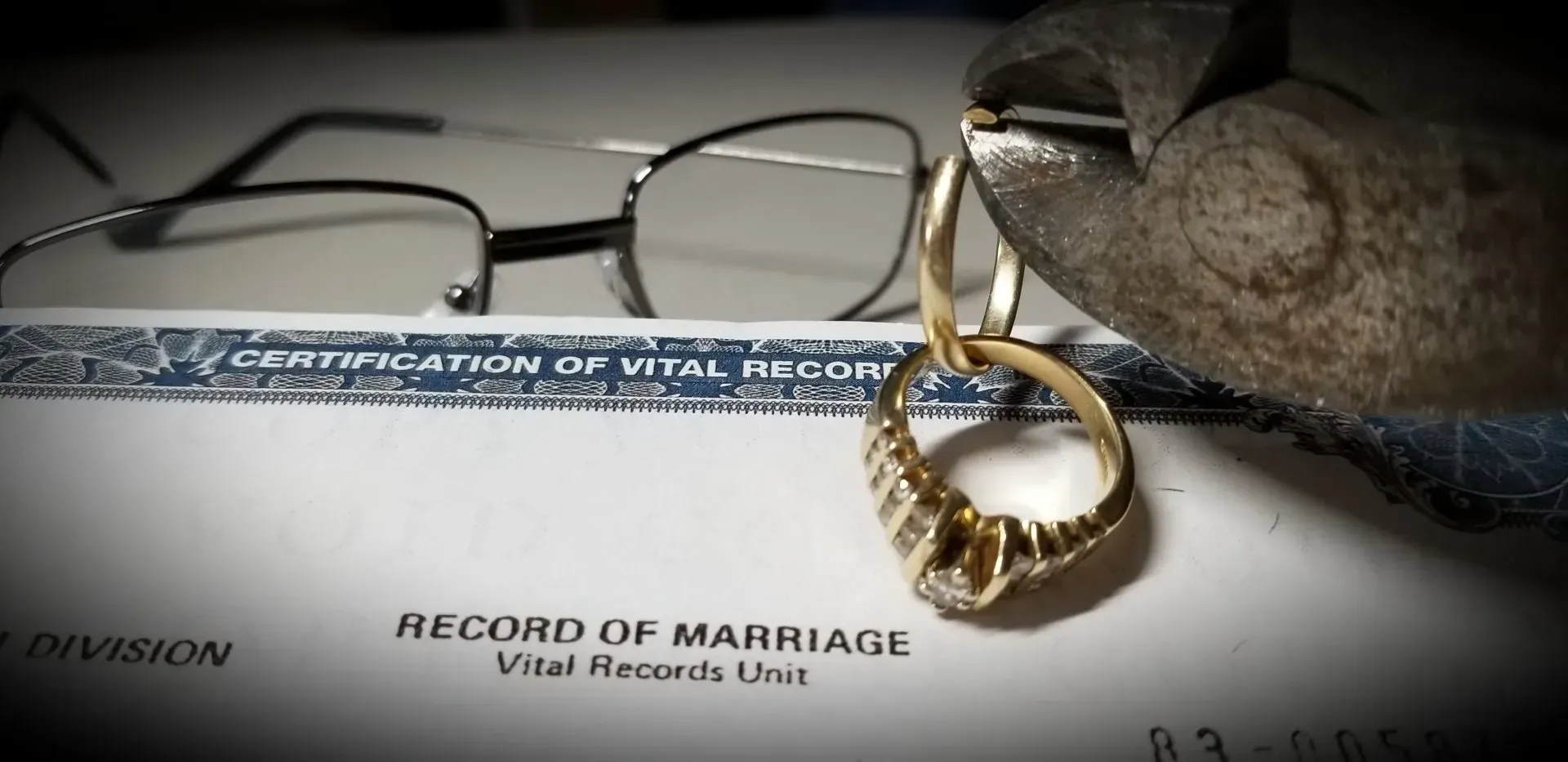Divorce without Court: Mediation and Collaborative Divorce
Mediation and Collaborative Divorce
What is Mediation in Divorce?
Mediation is when a neutral third party helps divorcing couples negotiate the terms of their separation. It’s an informal, yet structured process, where you and your spouse meet with the mediator to discuss key issues like:
- Asset division
- Custody arrangements
- Child or spousal support
The goal here is to reach a mutual settlement without taking the matter to court. The process begins with the mediator laying out the ground rules and expectations. Then, during a series of sessions, both parties work through the issues. Throughout these sessions, the mediator initiates discussions and helps both parties find common ground.
Mediation is mostly preferred due to its cost-effectiveness. That’s because it avoids the formalities of a courtroom. In addition, the divorce process is usually finalized much faster when it goes through mediation. And the faster it’s done, the sooner both parties can move on with their lives.
It’s important to note that the chances of cooperative co-parenting are much higher when mediation is involved. This can be particularly important in prioritizing children’s interests.
What is Collaborative Divorce?
Collaborative divorce involves more than just a mediator. It’s more of a team-based approach.
It involves you, your spouse, attorneys from both sides, financial advisors, and mental health professionals.
In a collaborative divorce, both parties agree, usually in writing, to work together in good faith to reach a settlement without going to court. This type of divorce is usually more involved than mediation because it’s about creating customized solutions for the family. It addresses both the legal aspects of divorce, including both financial and emotional considerations.
Like mediation, collaborative divorce doesn’t require the court’s involvement. But what makes it particularly unique is that it brings more specialized support. Each professional on the team has a specific role to play. Attorneys, for instance, handle the legalities of the process. Financial advisors, similarly, help divide assets and address any tax concerns. Mental health professionals may be there to facilitate communication and support the emotional well-being of both spouses.
This process can be particularly beneficial when there are complex issues like a family business or large asset division to address. That’s because it provides more comprehensive support. Most importantly, it preserves respectful relationships which is particularly important for co-parenting and moving forward amicably.
Steps to Take Before Starting Mediation or Collaborative Divorce
Before you make a decision, consider these tips to figure out what’s the best course of action for you:
Self-Assessment
- Analyze the level of trust between you and your spouse. How well do you communicate with each other?
- Do you share financial assets? If so, are you fighting over who owns what?
- Do you have kids? If so, is there a custodial dispute?
The answers to these questions will help you decide the best direction to take.
Research Professionals
When you’re ready to move forward, start researching qualified professionals. You’ll need them whether you opt for mediation or collaboration. Look for mediators or collaborative divorce practitioners with experience in handling such cases. For example, if you’re dealing with complex financial issues, you need a professional with experience working on high-asset divorces.
Gather Documentation
You’ll also need proper documentation. These include the necessary financial records, such as income, assets, debts, and expenses. If you have children, it’s also a good idea to develop a preliminary parenting plan.
Set Clear Objectives
You should decide what you want in the divorce settlement and what areas you’re willing to compromise on. This will give you a clear direction for the process.
Navigating Divorce Without Court
Mediation and collaborative divorce offer alternatives that are usually quicker, more affordable, and less stressful. At the same time, they allow both parties to maintain a sense of control over the outcome.
If you’re considering divorce, take some time to explore your options. Gone are the days of lengthy and messy court battles that caused more harm to families than good. With the right professional guidance and a commitment to a peaceful resolution, you can navigate the divorce process without ever setting foot in a courtroom.
For more information, contact Esquire Risa L. Hall.
Author: Ryan P. Duffy, Esq.








